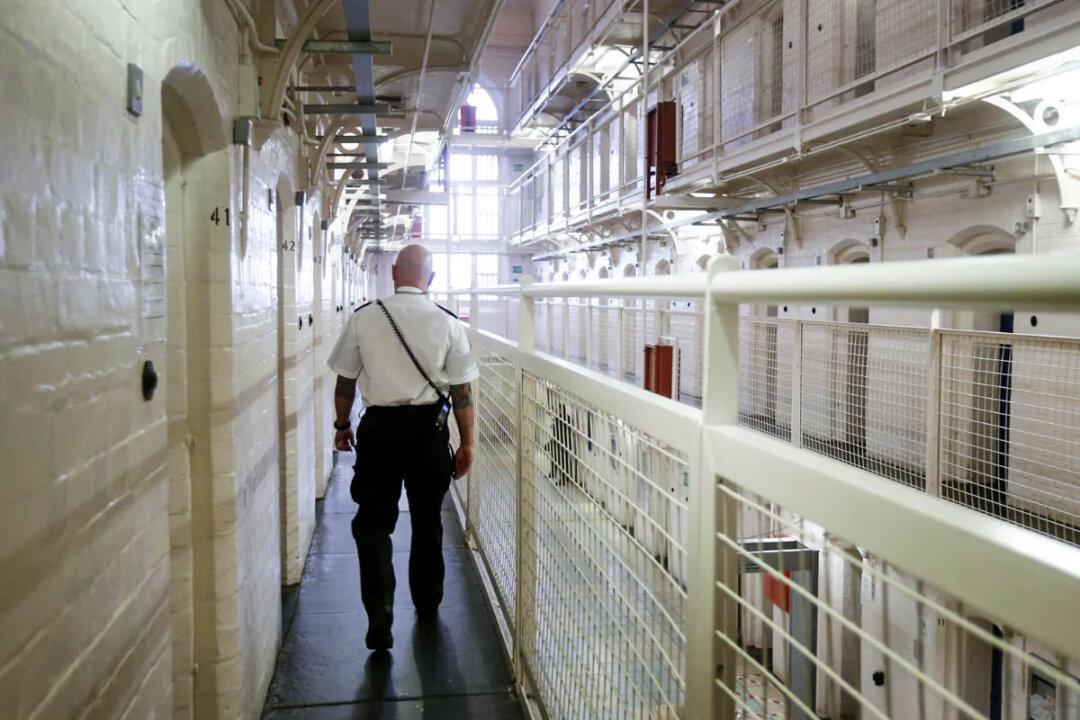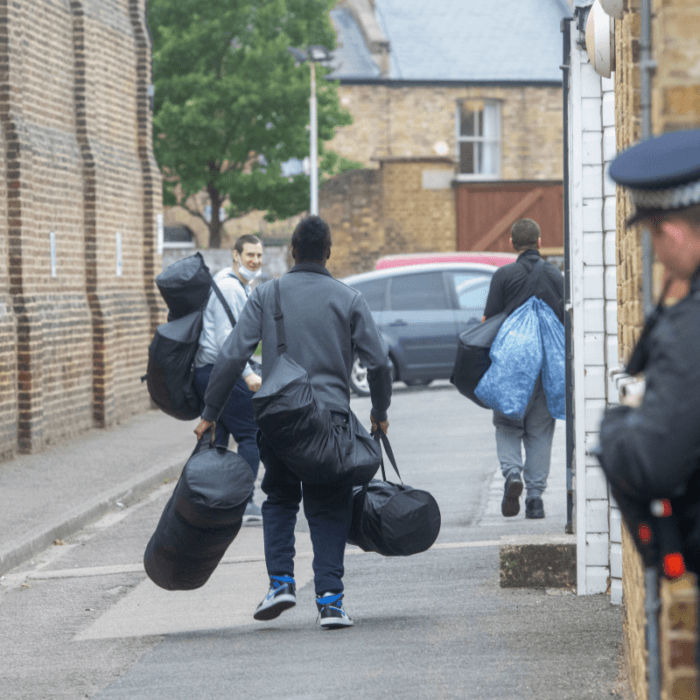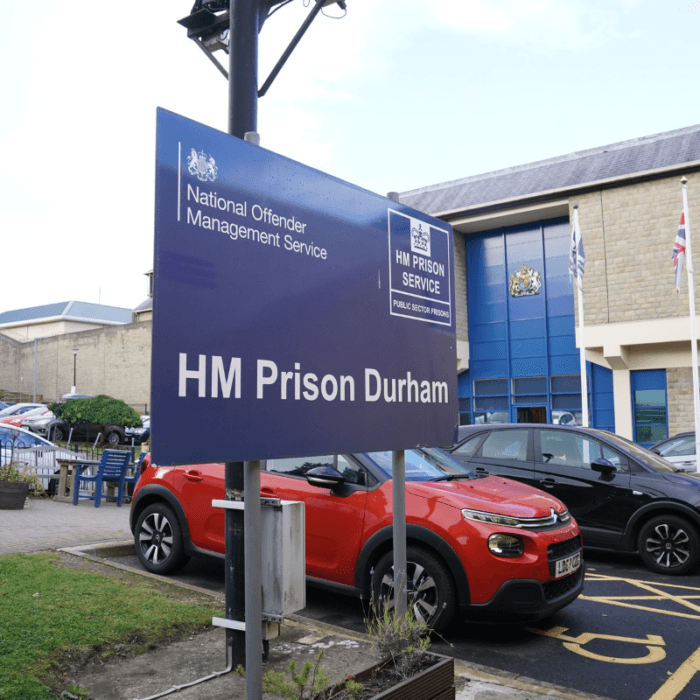Prime Minister Sir Keir Starmer said it was “deeply regrettable” that 37 offenders were let out of prison in error under the government’s early release scheme.
Addressing the mistake during a visit to the United Nations in New York on Thursday, Starmer said he was concerned they had been released, adding that the government would “ensure that all victims have the support that they need.”
“As I understand it, [it was] to do with the classification under old legislation and I think all bar one are back in custody,” the prime minister said.
Justice Secretary Shabana Mahmood had temporarily cut the proportion of sentences that inmates must serve behind bars from 50 percent to 40 percent in a bid to cut prison overcrowding.
The government had pledged that those who had committed serious offences, including crimes connected to domestic abuse, would be exempt from early release.
Public Safety
The Ministry of Justice (MoJ) said on Thursday that it was working with police to return the offenders to custody, saying, “The convictions remain valid with offenders monitored since their release and will soon be back behind bars.”“Public safety is our first priority,” the MoJ spokesperson said.
Domestic abuse commissioner Nicole Jacobs said that anyone who breaches a restraining order “is likely to be a high-risk individual who may be fixated on their victim, undeterred by legal restrictions that have been put in place.”
“Probation should not rely on an individual’s index offence to determine risk but use local intelligence to understand if there is a history of abuse and exempt them from early release on that basis,” Jacobs added.
1,700 Prisoners Released Early
On September 10, some 1,700 prisoners were released early—on top of the 1,000 prisoners normally released every week—amid a rising prison population which over the past few weeks has hit record highs.A total of around 5,500 inmates are due to be released early under the scheme, with hundreds more to be freed early in October in the second stage.
Housed in Hotels
Mahmood acknowledged that housing those who had been released into the community all at once could prove an issue and that some could find themselves put up in hotels.During a parliamentary debate on the day of the mass release, the justice secretary said, “We expect to provide housing for the majority of offenders using existing provision, but, should there not be enough, I have authorised probation directors to make use of alternative arrangements, including budget hotels, as a temporary measure for the cases that we will see in the next few weeks.”
The minister said at the time that while emergency plans were not currently needed, she confirmed that should that change, she would be transparent with the House of Commons, local authorities, and the public about where, how many, and when prisoners will be housed in hotels.







